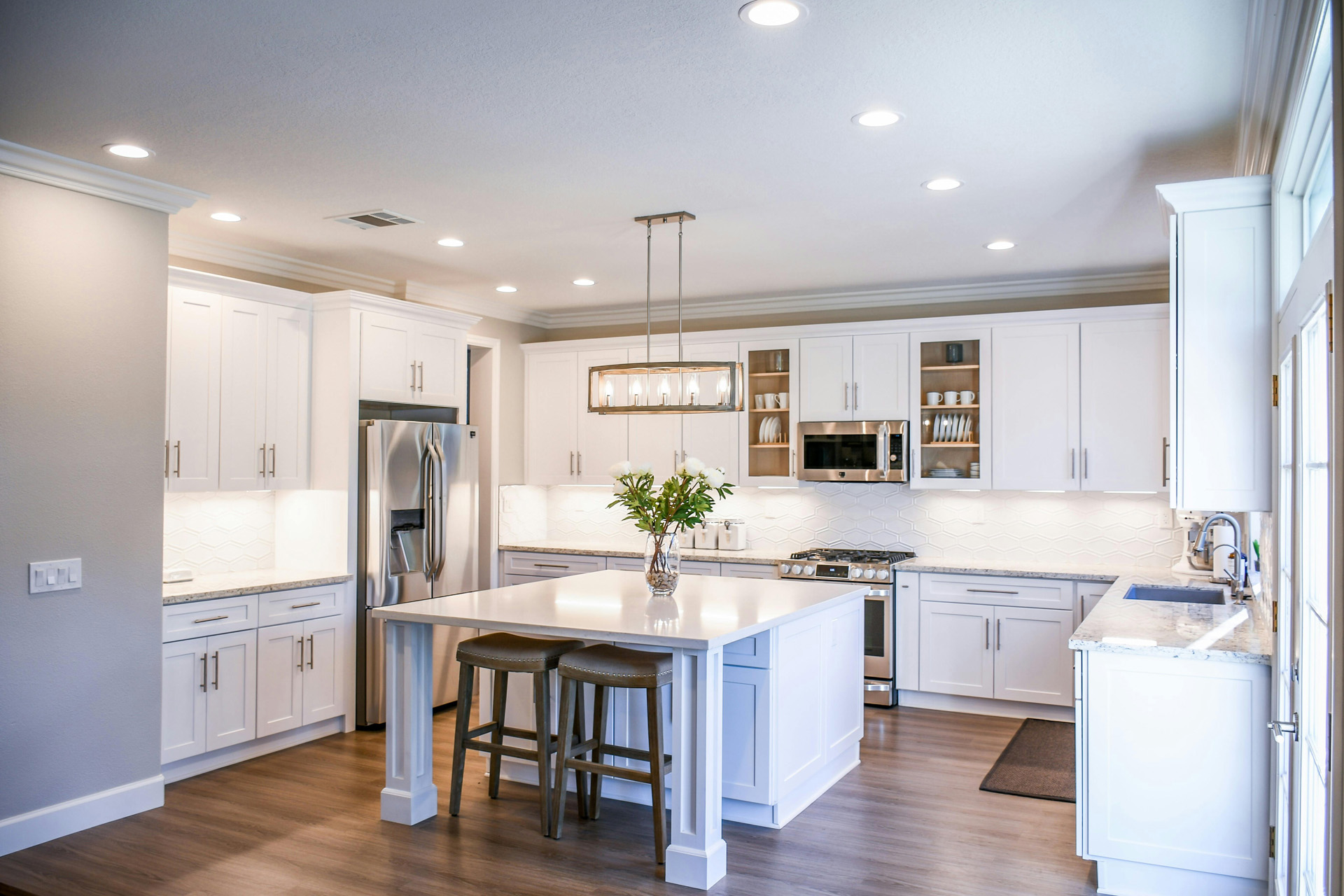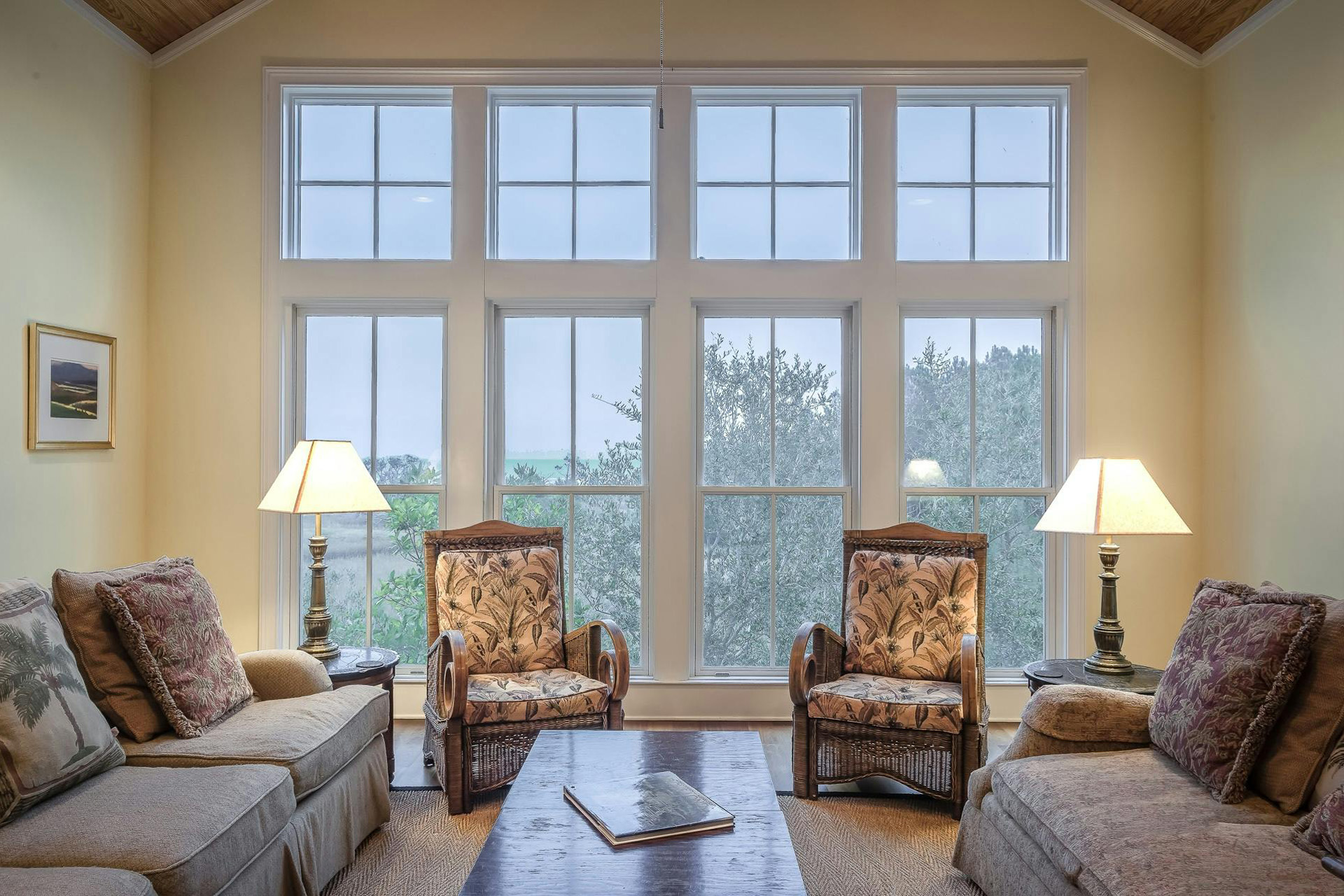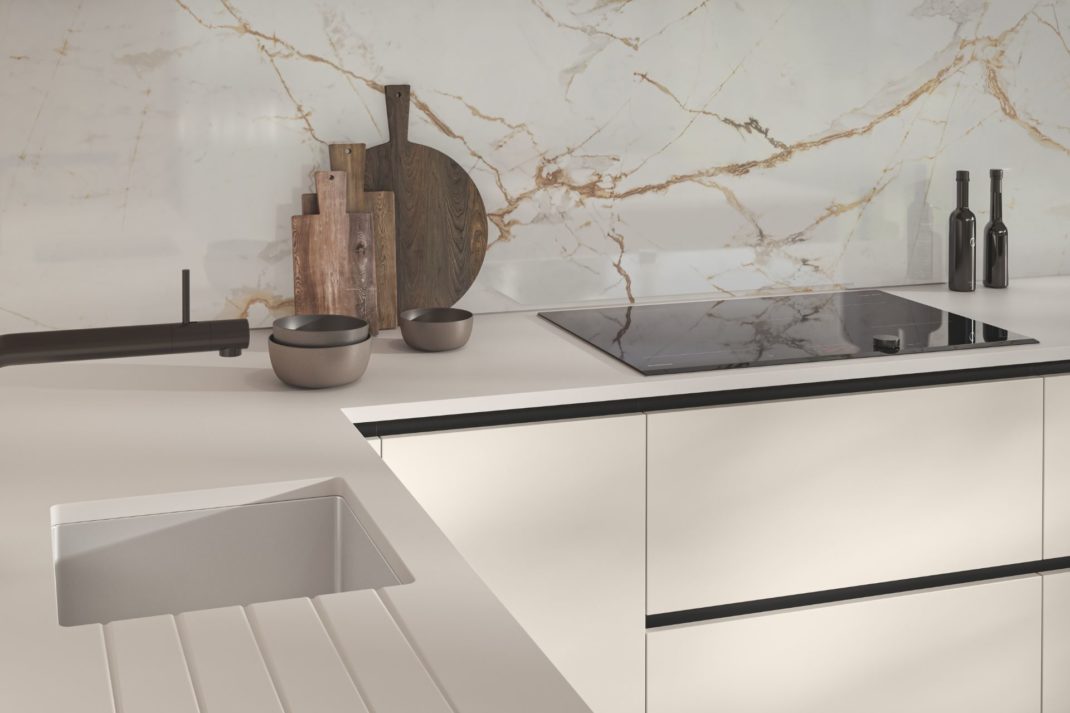
How To Give Your Home A Green Makeover
By
11 months ago
Consumer Energy Expert at So Energy Stuart Middleton shares his top tips to save money on energy bills year-round
With the recent surge in energy costs, homeowners are feeling the pinch of higher bills. So how can we give our homes a green makeover without breaking the bank? Despite governmental support like the Energy Bills Support Scheme and the Energy Price Guarantee, actual bills remain uncapped, meaning it is important to minimise energy usage to keep costs down.
The good news? Cutting back on energy doesn’t have to be complicated. Small changes can lead to significant savings – both financially and for the planet. Something as simple as switching off standby appliances could shave off £65 from your yearly expenses. We asked Stuart Middleton, Consumer Energy Expert at So Energy, for his top, easy-to-implement tips for making your home more eco-friendly, suitable for every budget. Plus, below, you can find a few larger-scale home improvements for those seeking sustainable, long-term solutions to help guide your home to a greener, more efficient future.
Easy Ways To Give Your Home A Green Makeover

Be Bright About Light
By replacing bulbs with energy-saving versions, you’ll find that you spend a lot less over the lifetime of the bulb when compared to less-efficient equivalents. LED lightbulbs can cost more upfront than traditional (incandescent) bulbs, but with up to 50,000 hours of use, they’ll last far longer than incandescent bulbs (which typically last 1,000 hours).
For fans of ambient lighting, there’s some good news. Switching off the harsh overhead light and instead using table and floor lamps to create a softer glow can not only be cosier, but also better for the bank balance – as long as efficient LED bulbs are being used.
Consuming less electricity thanks to their use of lower wattage bulbs (5W vs the 10W in a typical ceiling light), lamps can be a more cost-effective way of lighting your rooms.
Switch Off – Not Standby
If you haven’t done so already, get into the habit of turning everything that’s in standby mode completely off – be that lamps, chargers, air-conditioning units or TVs – you can potentially save up to £65 a year. To make this as easy as possible, you can buy power strips that allow you to turn everything off with just one flick of a switch.

Fridge Positioning
Check if your fridge is in a good position. If it’s located near a window or the oven, it’s probably absorbing a lot of heat and will use more energy to keep the food cold. It’s also good practice to wipe down the coils at the back of the fridge every so often to prevent dust from building up. This helps your fridge to work as efficiently as possible.
Improved Insulation
Without proper insulation, your home could be losing a quarter of its heat through the roof. By ensuring your house has at least 10 to 11 inches (270 mm) of insulation, estimates suggest you could reduce your bills by £355 a year (based on an average UK semi-detached house).
To make as many cost savings as possible, it is also important to insulate your boiler tank, pipes, radiators, and any cavity walls in your home. Draught excluders against your doors and windows (and even around the letterbox!) are also a great idea, helping to keep the cold air out and warm air in, therefore minimising wasted energy on escaping heat.

Replace Old Windows
Between 18 and 40 percent of energy in your home could be wasted through having single-glazed or worn-out double-glazed windows. While upfront installation costs can be high (costing between £150 and £600 a window), by switching out old windows for more energy-efficient double (or even triple) glazed versions, you could save approximately £200 a year.
Install Solar Panels
Get more energy independence and generate your own electricity by installing solar panels on your home. A solar panel system will cost around £10,000 and, while difficult to formulate an exact figure, estimates suggest you could save up to £1,000 on your energy bills each year once you’ve broken even. On top of this, some households sell excess power they generate back to the grid, increasing your potential return even more.
Not only this, but installing solar panels on your property can also dramatically increase its valuation. Consider it a long-term investment in both your home and the planet, helping to futureproof your house as we head further down the road towards net zero.
EXPLORE
Learn more about So Energy and find more home green makeover tips at so.energy







